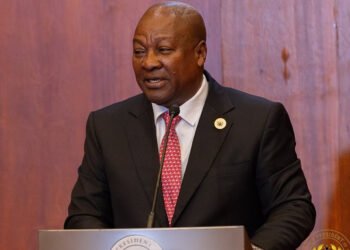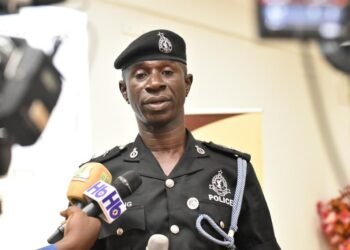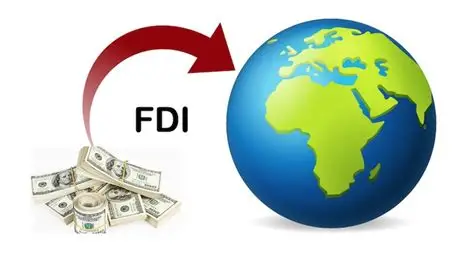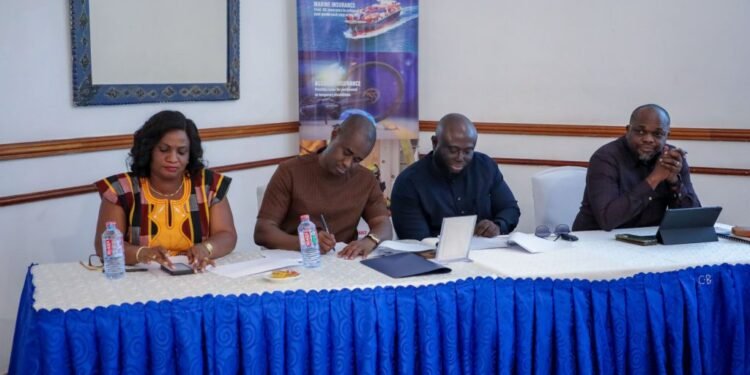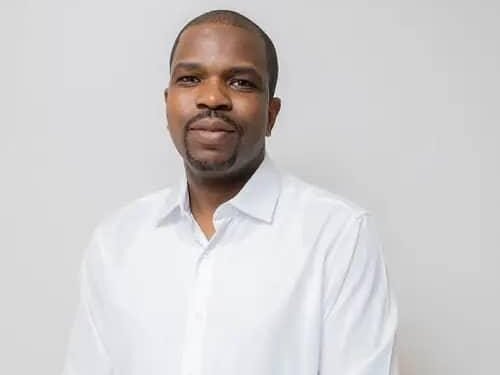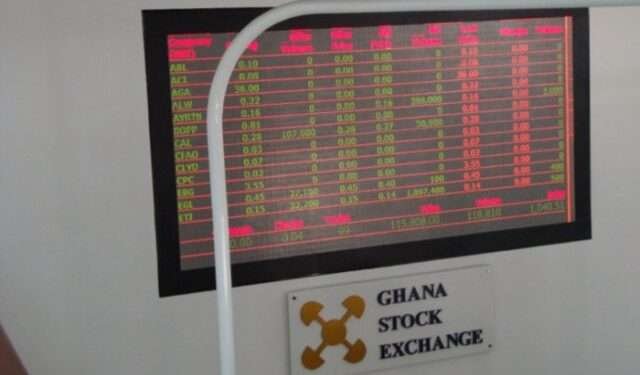In recent years, the media landscape in Ghana has witnessed a worrying trend of increasing polarization, leading to a stark division between different ideological and political perspectives. This polarization has resulted in a limited space for neutral ground and objective reporting. As media outlets align themselves with specific factions, the consequences for public discourse and national unity have become evident.
Sir Sam Jonah, the Chancellor of the University of Cape Coast (UCC), has emphasized the importance of integrity and a commitment to truth in journalism during the launch of the 75th-anniversary celebrations of the Ghana Journalists Association (GJA) in Accra.
“Looking back over the 75 years of your existence, the media landscape has become increasingly polarized, with little room left for neutral ground. This polarization threatens the very ethos of journalism, which, like the clergy and the teaching profession, is a calling that demands integrity and a commitment to truth. Your role as the Fourth Estate is a cornerstone of our democracy, and your duty to hold power to account has never been more critical.”
Sir Sam Jonah, the Chancellor of the University of Cape Coast (UCC)
The rise of sensationalism and clickbait journalism has also played a significant role in promoting polarization. In the quest for higher ratings and increased online traffic, media outlets often resort to exaggerated or sensationalized stories that cater to specific audiences. This click-driven approach to news creates an echo chamber effect, where audiences are only exposed to content that affirms their beliefs, exacerbating societal division.
Additionally, the decline of independent journalism in Ghana further exacerbates the polarization of the media landscape. As media outlets rely heavily on financial support from political parties or corporate interests, independent voices that could offer a balanced perspective become marginalized. Journalists who strive for neutrality and objectivity often face pressure or even threats, leading to self-censorship and compromising the quality of reporting.
The ownership and control of media outlets by partisan individuals or groups exacerbate the polarization problem. Media houses operated by political party sympathizers tend to prioritize their political interests over unbiased reporting. This ownership influence directly affects editorial decisions, programming, and the overall narrative presented to the public. Consequently, audiences are often fed with biased information that reinforces their pre-existing beliefs and values, further entrenching polarization.
The advent of social media platforms has revolutionized the way information is disseminated. While social media initially promised to be a platform for diverse voices and perspectives, it has instead contributed to the polarization of Ghana’s media landscape. Social media algorithms tend to amplify content that aligns with users’ interests and preferences, leading to the formation of echo chambers. This phenomenon has reinforced the polarization of society, as individuals are exposed to a limited range of views, hindering constructive dialogue and understanding.
Journalists Charged to be Fearless in defending National Interest
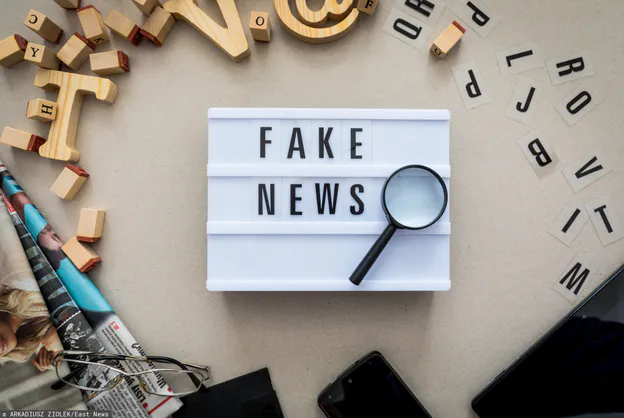
The polarized media landscape in Ghana has several detrimental implications for the nation. It hampers informed decision-making, as citizens are bombarded with biased information that lacks critical analysis. Furthermore, it contributes to the erosion of trust in the media, leading to the spread of misinformation and manipulation. Most importantly, the polarization of the media landscape undermines national unity and hinders constructive dialogue on key issues.
To address this issue, it is crucial to promote media diversity, independence, and ethical journalism.
Sir Sam Jonah called on Ghanaian journalists and media practitioners to defend the country’s democracy by not remaining silent on critical issues affecting the governance system. He highlighted the need for media practitioners to be the standard-bearers of objectivity, the architects of informed discourse, and the unyielding defenders of freedom and truth.
Sir Jonah further encouraged media practitioners to use their platforms to address issues such as the perceived weaponization of state agencies against opponents, the creeping assault on freedom of the press, the perceived lack of trust in the dispensation of justice, and the pathetic lack of accountability in the protection of the public purse.
He emphasized the importance of being fearless in defending the national interest, stating that the success of democratic order will depend crucially on how free the press is.
“As we move forward, let us remember the sacrifices made by those who came before us, journalists who laid down their lives for the pursuit of truth and justice. It is upon their legacy that the future of Ghanaian journalism will be built—a future where truth prevails over sensationalism, integrity over corruption, and where the pen remains mightier than the sword in the fight for democratic integrity and national unity.”
Sir Sam Jonah, the Chancellor of the University of Cape Coast (UCC)
The increasing polarization of Ghana’s media landscape poses a significant challenge to the country’s democracy, national cohesion, and informed decision-making. By acknowledging the factors contributing to this polarization, promoting media diversity, and fostering a culture of objective journalism, Ghana can take steps towards reclaiming a more neutral ground in its media landscape. This shift is crucial for fostering healthy public discourse and strengthening national unity.
READ ALSO: GPRTU To Meet Transport Ministry To Negotiate Fare Increment






